As our society was moving from the farms and rural America to cities and their suburban neighborhoods the food industry became more mechanized and high volume packaged off-the-supermarket-shelf orientated. At the same time the American dog became more of a household pet than its predatory meat eating predecessors. We started to treat our dogs as part of the family. Anything including diet that was good or convenient for humans was good enough for good old Rover.
The commercial dog food manufactures in the great American capitalistic way took full advantage of this environment. They quickly transitioned from meat based canned dog food to higher profitable high volume dry processed food. Instead of containing higher cost real meat they started using meat by-products and grain fillers such as corn and wheat glutens and soy protein. These ingredients virtually eliminated many critical dog nutrients including the amino acid taurine.
They were able to do this with taurine because it is classified as a non-essential amino acid. This means that it does not have to be obtained directly through the dogs diet, the dog (as in humans) can internally manufacture the substance. Taurine can be synthesized by dogs from cysteine in the liver and from methionine elsewhere in the body. There must be, however, sufficient quantities of vitamin B6 (pyridoxine) present in the body. Recently however clinical research has shown that very few dogs cannot synthesize the taurine or at least produce enough to satisfy basic dog nutrition needs. Breeds shown to be especially at high risk of deficient taurine levels with fed a low meat diet are cocker spaniels, golden retrievers and newfoundlands. Overall coincidentally diseases such as liver disease, epilepsy, diabetes, and heart disease have increased dramatically in the domesticated dog.
Some basic facts about the benefits of taurine are:
It is one of the most plentiful amino acids in the body and thus provides many benefits. Potassium is an important mineral needed by the body for balancing acids, nerve impulse transmission, and enzymatic reactions. Taurine helps the cells to hold onto the needed potassium. Managing this in the tissues of the heart along with helping to control the heart beat makes it one of the most important amino acids in the heart.
It is also involved in the control of the release of neurotransmitters in the brain. This is believed to help prevent epileptic seizures. By helping to control cholesterol in the bile it is very effective in averting gall stones. Also being very high in white blood cells it promotes a proper immune system.
A serious problem with dogs and taurine deficiency is the fact that there is no way of telling if your dog is actually deficient or not. The only guaranteed way is to have a biopsy of the heart tissue. This is expensive and most veterinarians do not recommend it. They might suggest blood tests but they are inconclusive without really telling you the level of taurine in the actual cells and tissues.Dosages range from 200mg to 2000mg per day best taken 2 to 3 times a days.
Taurine is found naturally in milk, meat, fish, eggs, and sea vegetables such as kelp and seaweed. As for meat (not meat meal or by-products) chicken is best with beef pretty good second and lamb a distance third. Overall in dog supplements kelp is probably the best bang for your buck since it contains all 21 amino acids and is also rich in minerals and many vitamins. Adding the needed taurine to your dogs diet is reasonably safe with a natural supplement.
Synthetic taurine is produced in large quantities and is supplied equality to the pharmaceutical market and the pet food/supplement market. Make sure you follow the recommend dosage. As always you should consult your veterinarian for your particular dog.
The research staff at Vitahound recommends a natural supplement over the synthetic products.

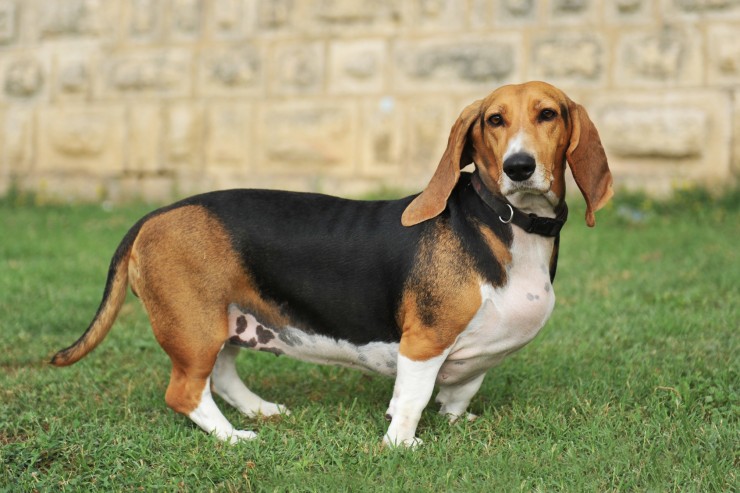 Five Of The Most Common Chronic Health Problems Seen In Dogs
Five Of The Most Common Chronic Health Problems Seen In Dogs
 What To Do If Your Cat Fights With Other Cats
What To Do If Your Cat Fights With Other Cats
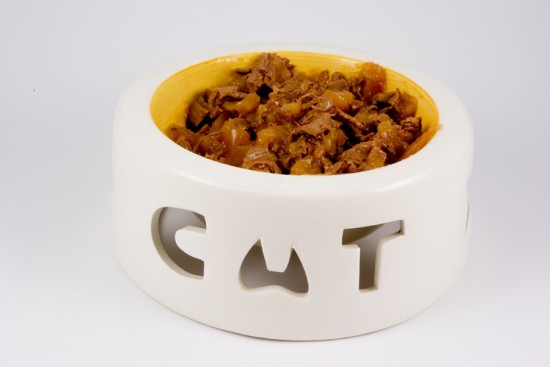 Taking A Closer Look At The Way We Feed Our Cats
Taking A Closer Look At The Way We Feed Our Cats
 Urge Incontinence Or Bladder Spasms In The Dog
Urge Incontinence Or Bladder Spasms In The Dog
 Kerry Blue Terrier Hereditary Health And Average Longevity
Kerry Blue Terrier Hereditary Health And Average Longevity
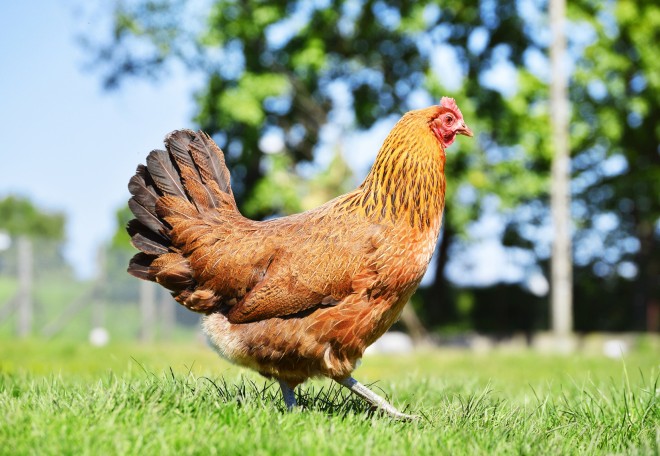 The Benefits Of Feeding Apple Cider Vinegar To Chickens
The Benefits Of Feeding Apple Cider Vinegar To Chickens
 Providing very best training for dogs
Providing very best training for dogs
In Great
Providing very best training for dogs
Providing very best training for dogs
In Great
 Chicken Runs: Things to Avoid When Building One for Your Chickens
Chicken Runs: Things to Avoid When Building One for Your C
Chicken Runs: Things to Avoid When Building One for Your Chickens
Chicken Runs: Things to Avoid When Building One for Your C
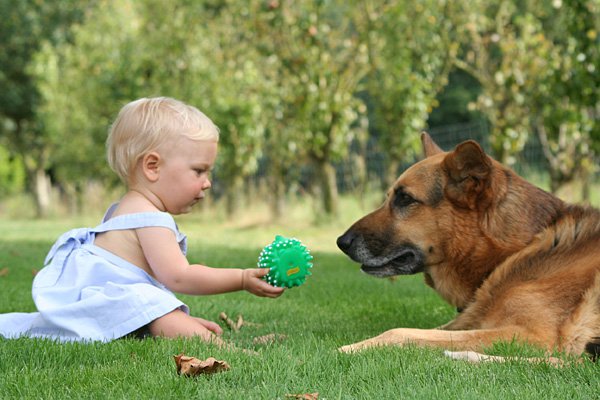 Gift your Pets a Warm, Stay in Cosy Chicken Coops
Gift your Pets a Warm, Stay in Cosy Chicken Coops
Gift your Pets a Warm, Stay in Cosy Chicken Coops
Gift your Pets a Warm, Stay in Cosy Chicken Coops
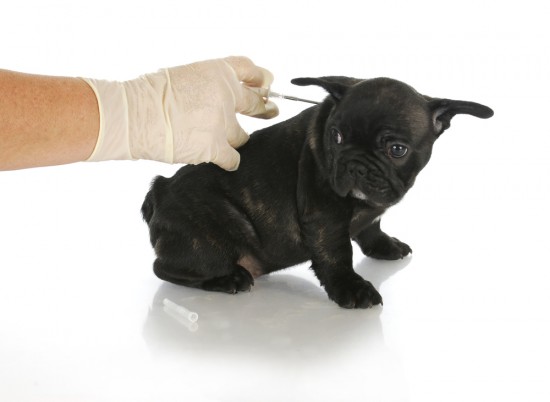 Microchipping Compulsory For All Dogs From 2016 Onward
Microchipping Com
Microchipping Compulsory For All Dogs From 2016 Onward
Microchipping Com
 5 Ways You Could Be Stressing Out Your Dog
5 Ways You Could
5 Ways You Could Be Stressing Out Your Dog
5 Ways You Could